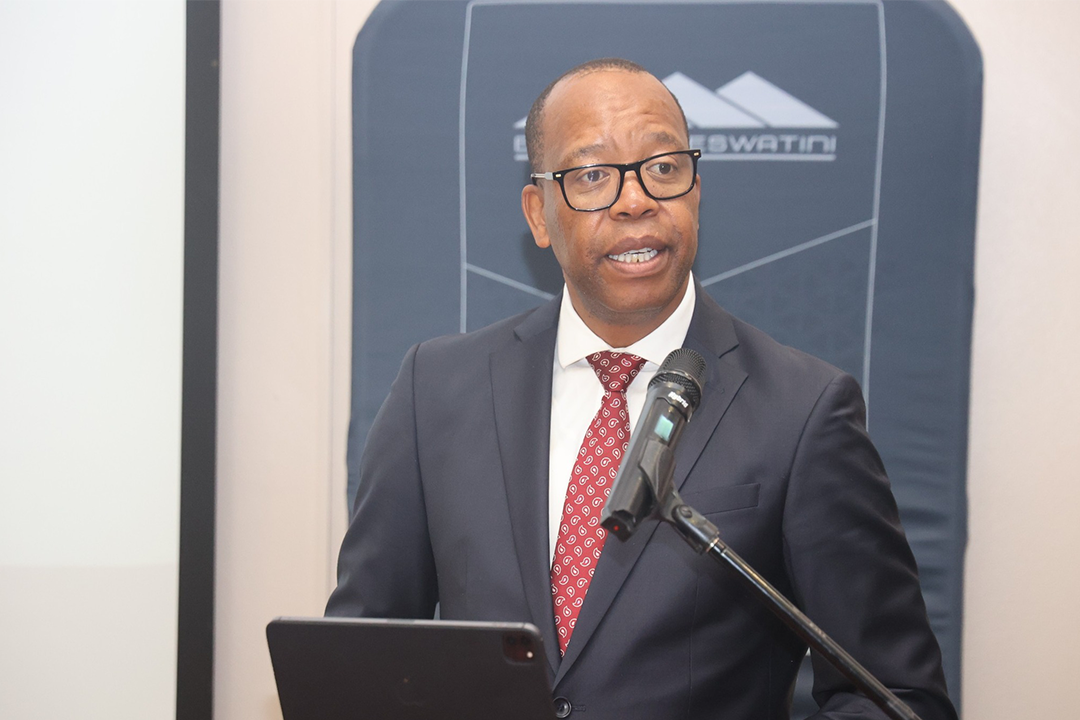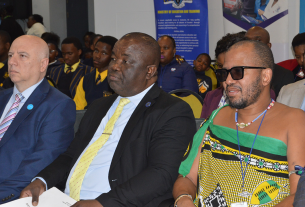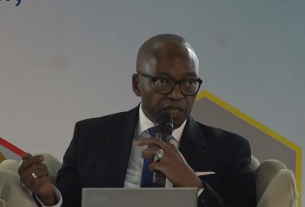By Mbono Mdluli
EZULWINI – Eswatini is making strides in tackling youth unemployment, with promising results that inspire hope for the nation’s future.
At the recent Business 2 Government Dialogue hosted by Business Eswatini at the Royal Villas on March 31, 2025, stakeholders gathered with a shared purpose—building a stronger, more inclusive economy. During this dialogue, Ubombo Sugar Limited Managing Director and Vice President of Business Eswatini, Muzi Siyaya, shared exciting news: Eswatini’s youth unemployment rate has significantly dropped from 58% in 2021 to 48% in just five years.

“This is a commendable milestone for our kingdom,” Siyaya announced, drawing from the latest National Labour Survey. “While we are aware that more work lies ahead, this 10% improvement reflects our collective efforts and growing momentum.”
Siyaya emphasized that collaboration between the public and private sectors is key to sustaining this progress. He identified a key area for continued focus: bridging the gap between the skills young people possess and the needs of the job market. “Eswatini currently has one of the highest skills mismatches in the SADC region, and resolving this will unlock even more opportunities for our youth,” he said.
He also highlighted the importance of inclusivity in the economy, pointing out that persons with disabilities currently represent just 0.2% of the national workforce. “We must ensure that every Liswati is empowered to contribute meaningfully,” he said.
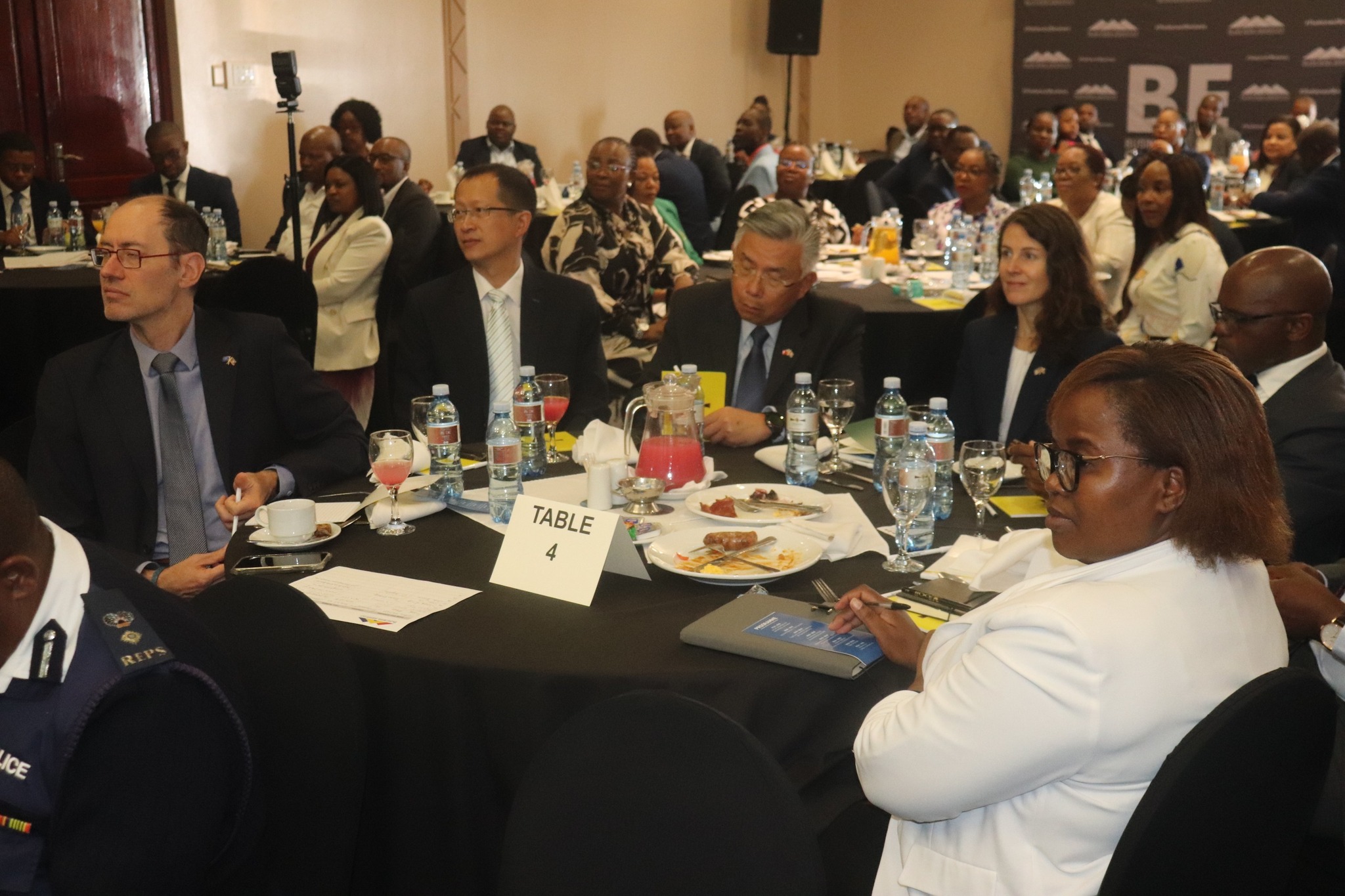
Siyaya encouraged government action to support the University of Eswatini (UNESWA), which plays a pivotal role in shaping the country’s future professionals. He expressed confidence that resolving challenges at the institution would positively impact tertiary education and workforce readiness.
The private sector, which currently supports 70% of jobs in the country, was lauded as the economic engine of Eswatini. Siyaya called for enhanced investment in manufacturing and agriculture—industries full of potential yet in need of modern skills and innovation. “Let’s cultivate professional management capabilities and equip our young people to lead,” he urged.
Despite the unemployment rate among women standing at 26%, Siyaya remains optimistic. “With focused policies and targeted interventions, we can empower women, persons with disabilities, and the entire youth population to thrive.”
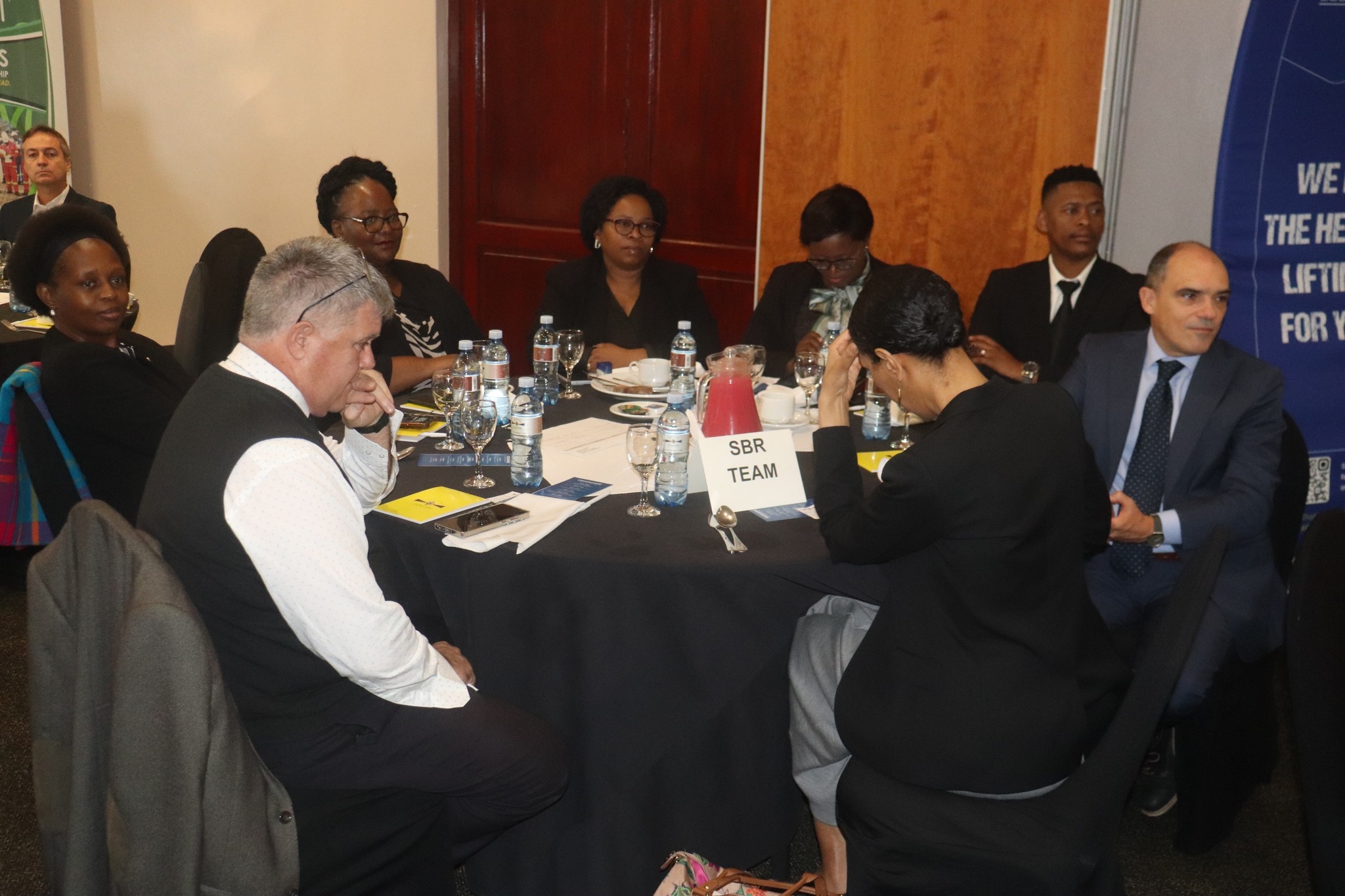
In closing, he called on the government to prioritize policies that boost business competitiveness, enhance skills development, and foster a dynamic economy that works for everyone.
Indeed, the road ahead may be long, but Eswatini is clearly walking it with purpose—and the future looks bright.
(Pic: Eswatini Government)

